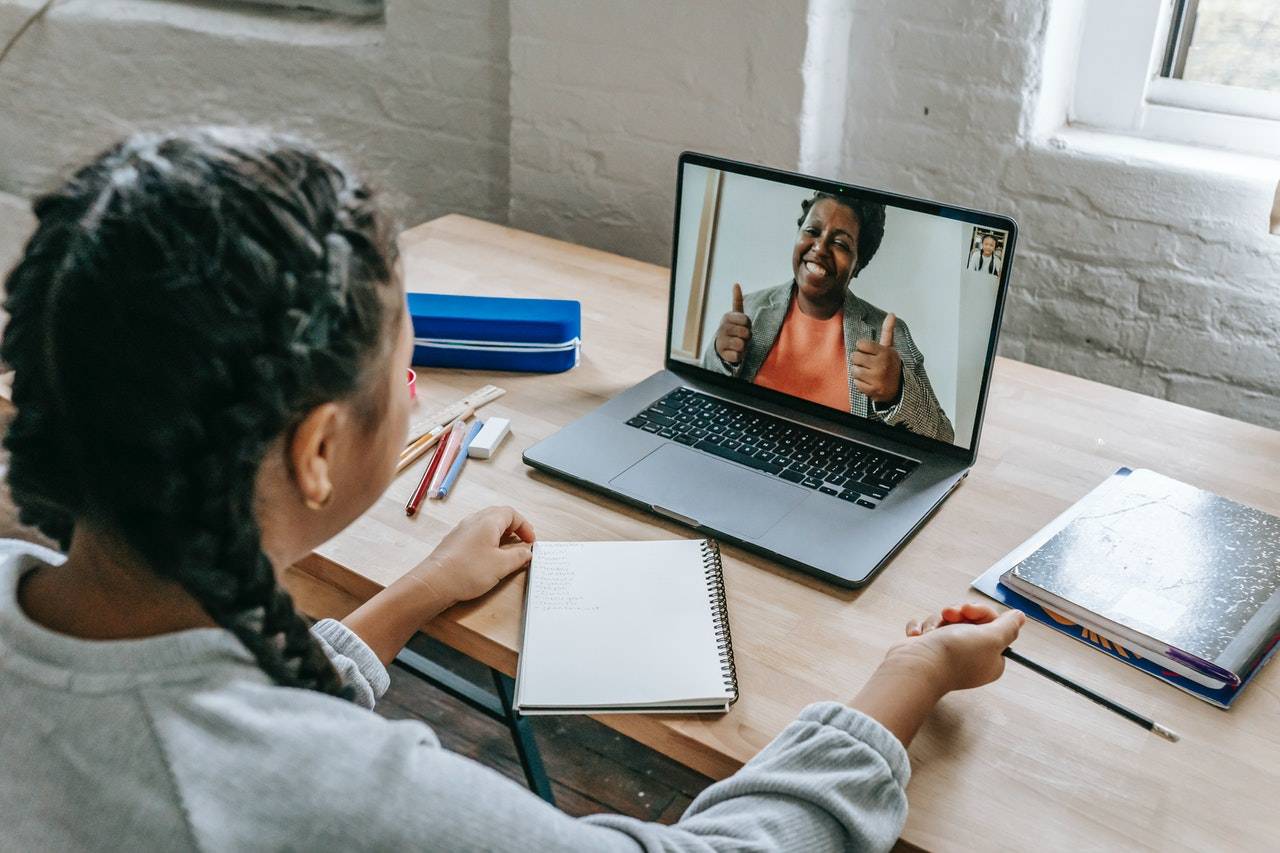Learning at home? Are you finding it difficult to motivate yourself to study?
When you’re used to going to school or university every day, it can be difficult to separate studying from free time and maintain a healthy academic-life balance. According to Dato Darren Yaw, it’s easy to fall out of a regular routine and eventually lose motivation to study with increasing pressures and less downtime.
Home has many pleasant distractions and is frequently a far more relaxed environment than the classroom. First and foremost, you are unlikely to have a teacher who challenges you to reach your full potential; instead, you are responsible for the work you complete and the success of your studies.
Second, Dato Darren Yaw states that it’s much easier to take frequent breaks, eat snacks, or even pick up your phone. Your self-discipline plays a gradually increasing role in your daily studies.
Take a look at Dato Darren Yaw‘s top tips for studying effectively at home below. Include these in your daily study routine to start using your study time more efficiently and staying ahead of the competition.
- Dedicated study area
According to Dato Darren Yaw, the first step in motivating yourself to study at home is designing a space for learning and revision. Whether it’s a desk in your bedroom or a section of the kitchen table, make sure you sit in the same spot every time you want to study so your body gets into a routine of knowing that this is the space where it needs to focus.
Dato Darren Yaw advises to make sure to clear the area of any distractions (such as your phone, television, or even your cat or dog), and give yourself as much clean space as possible – clean space, clean mind. This includes storing unnecessary textbooks, removing used cups/mugs regularly, and allowing enough space for your computer or laptop and all necessary study materials.
Do you lack the motivation to study? Preparing your study area will help focus your mind into a study ‘zone,’ even if you do not need to study. With enough repetition, your brain will unconsciously focus on studying, allowing you to stay focused on your work.
- A well-planned study schedule
One of the most significant advantages of getting up and going to school, college, or university is that you follow a structured timetable, which helps your body get into a routine. Dato Darren Yaw advises getting a routine as humans to help our brains know where and when to focus our attention and when to relax. As a result, you must create your own schedule/timetable to ensure that you can study effectively at home.
Dato Darren Yaw states that having a routine for your home life effectively allows your brain to continue to follow this type of structure, making you feel motivated to study, and has even been shown to help students improve their grades. Knowing you have a specific task or amount of revision to complete by a particular time or date motivates you to stay focused on your studies.
Even if your exam deadlines were recently cancelled, it’s a good idea to maintain a loose study routine to stay ahead of your academics when you return to school or university. According to Dato Darren Yaw, set time-sensitive goals instead, such as reading a specific topic before your virtual class or reading three additional secondary reading texts before the next term begins.
- Taking regular breaks
It’s an age-old question: should you force yourself to sit and focus for hours on end? Should you study in short bursts and take frequent breaks? Scientific research has discovered that even a brief break can significantly improve one’s ability to concentrate for extended periods of time – even up to two or three hours.
According to Dato Darren Yaw, when planning your study schedule, remember to include breaks to allow your brain to reset and refocus. According to research, you can achieve your ‘ideal productivity’ by working for 52 minutes and then taking a 17-minute break.
Dato Darren Yaw advises that breaks should be active and should take you away from your desk. Try going outside for a few minutes to breathe in some fresh air or standing up and pouring yourself a glass of water.
It may be tempting to skip a break, especially if you’re in the middle of a project. On the other hand, working in short increments will keep you motivated to complete the tasks in the time allotted, allowing you to work more efficiently.
According to Dato Darren Yaw, exercise is not only beneficial to our physical and mental health; it has also been shown to improve concentration when studying. So, why not go for a run during your lunch break to get your heart rate up? If you have a lot of virtual classes scheduled and won’t be able to take a long break, you could always go for a walk in the morning to feel refreshed and start your day. Anything you can do to increase blood flow to your brain will increase your motivation to study at home.
According to Dato Darren Yaw, if possible, you should try to exercise during your mini-breaks between studying. Even if it’s just 50 jumps or ten minutes of stretching, it’s a quick and easy way to release endorphins and improve your concentration.
- Vary your learning style
We often lose motivation to study because we get tired of repeating the same learning style, such as reading a textbook and condensing it into a notes page. According to Dato Darren Yaw, It’s the tried-and-true rinse-and-repeat method, which appears to work well at first, but, as with anything in life, the more we duplicate tasks, the more mundane they become.
According to Dato Darren Yaw, to keep your learning fresh and exciting, try changing your approach and experimenting with new study methods. It’s an opportunity to be creative and mix up your days so you don’t get stuck in the exact tiring repetition of tasks that you’ll soon grow tired of.
For example, if you enjoy studying in groups, you could organise a virtual study group. Dato Darren Yaw advises you and your friends can take turns presenting a different aspect of a subject to others. However, don’t spend too much time socialising and catching up at first; you’ll be surprised how easily you can become distracted and off-topic from studying.
Alternatively, according to Dato Darren Yaw, if you work better alone and feel creative, you could try writing a short story or even writing a song about a topic you have learned – there are plenty of ways to mix it up and keep your learning exciting!


